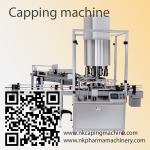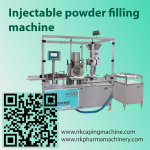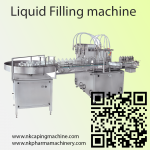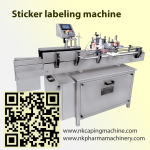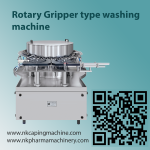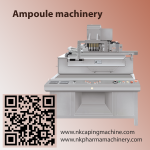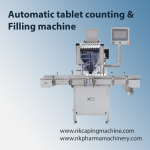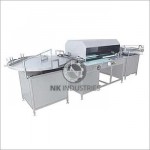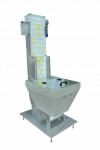Cartoning machine
Cartoning machine
What is cartoning machine ?
Cartoning machine are used to automatically pack bottle , pouches in carborered squar box .
Type of Cartoning machine ?
1. on basis of speed :
- semi automatic cartoning machine
- Automatic cartoning machine
2. On basis of method :
- horizontal cartoning machine
Sailent Feature
Cartoning machine
Technical Specification
Cartoning machine


